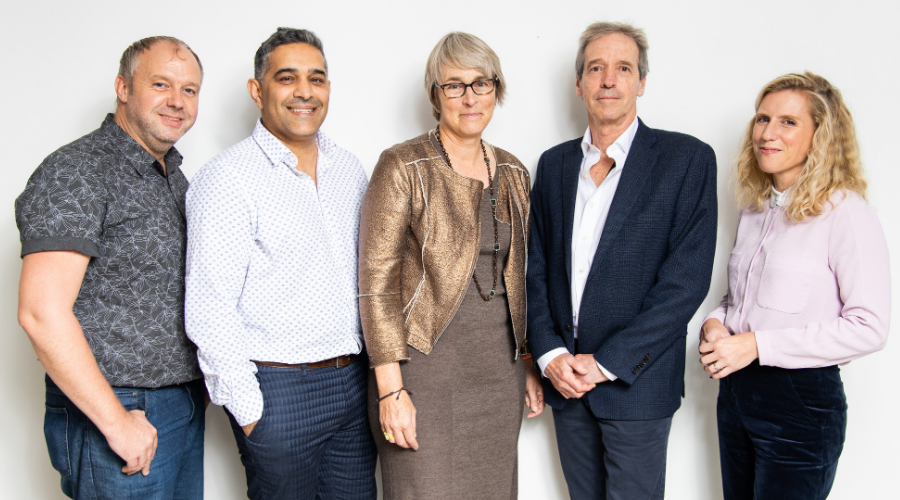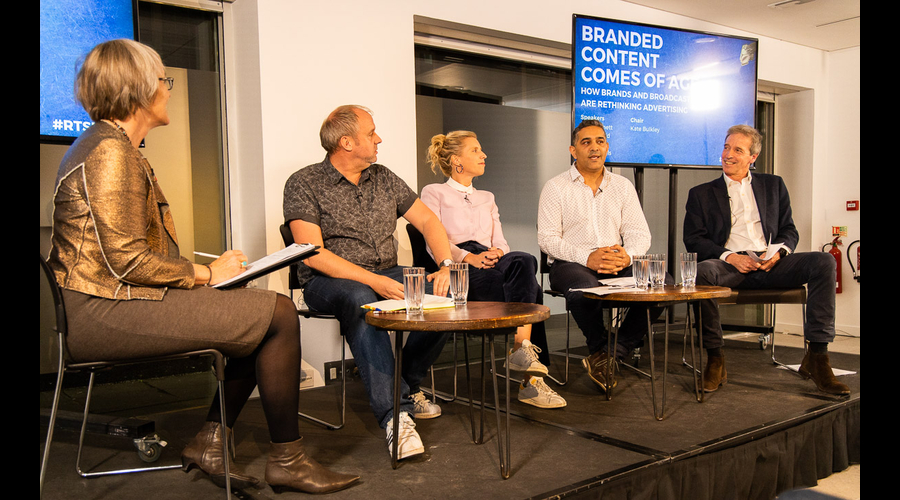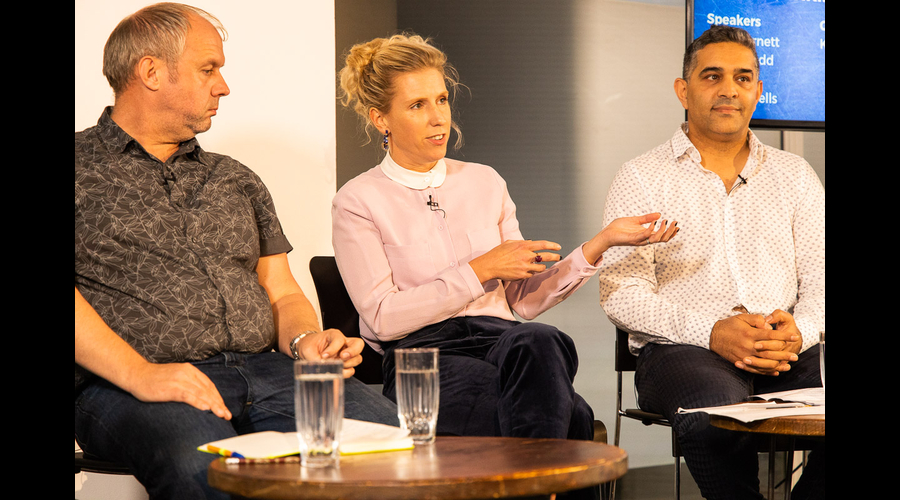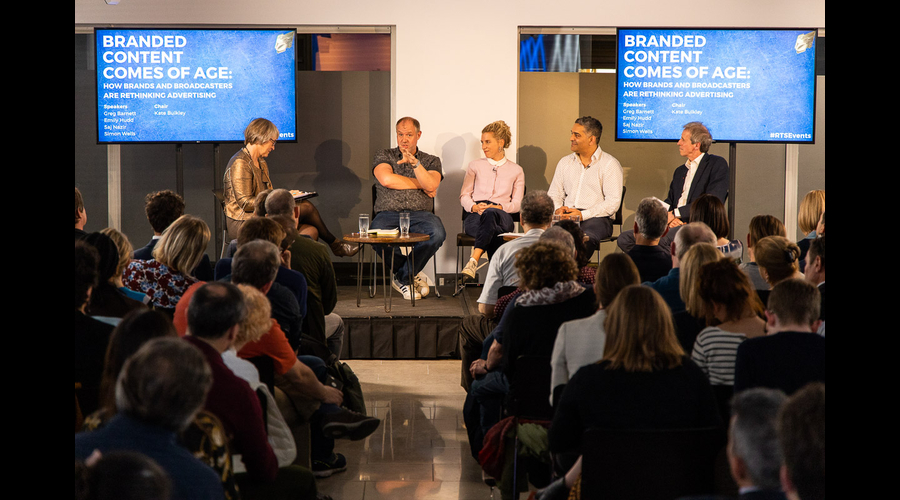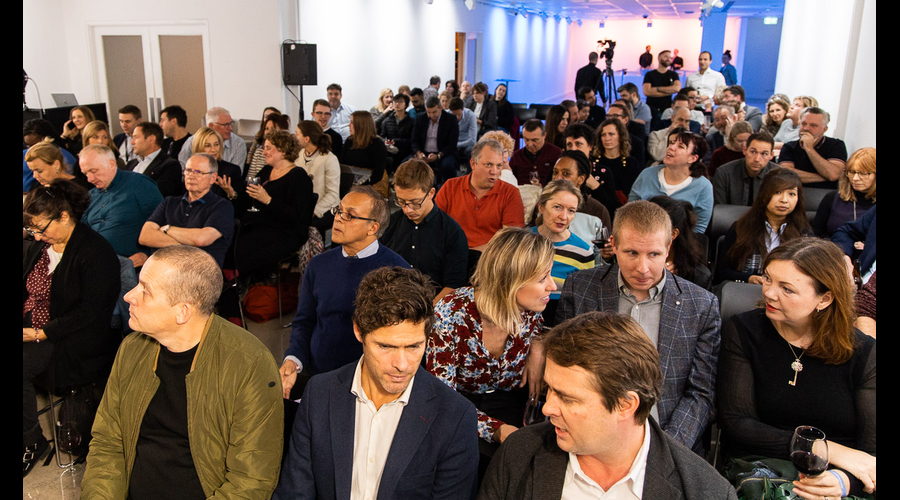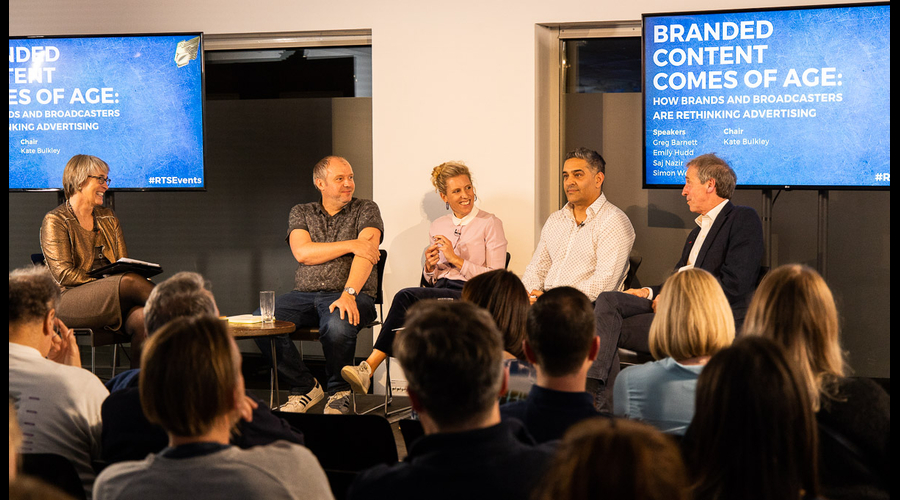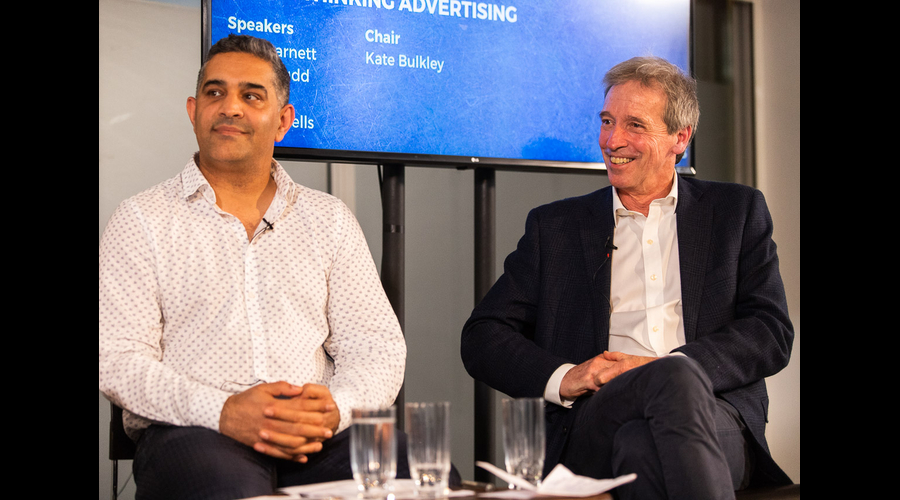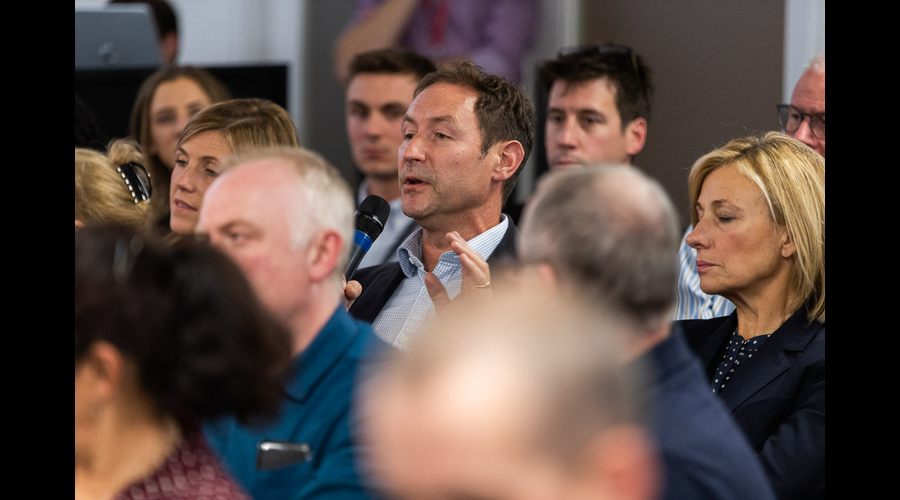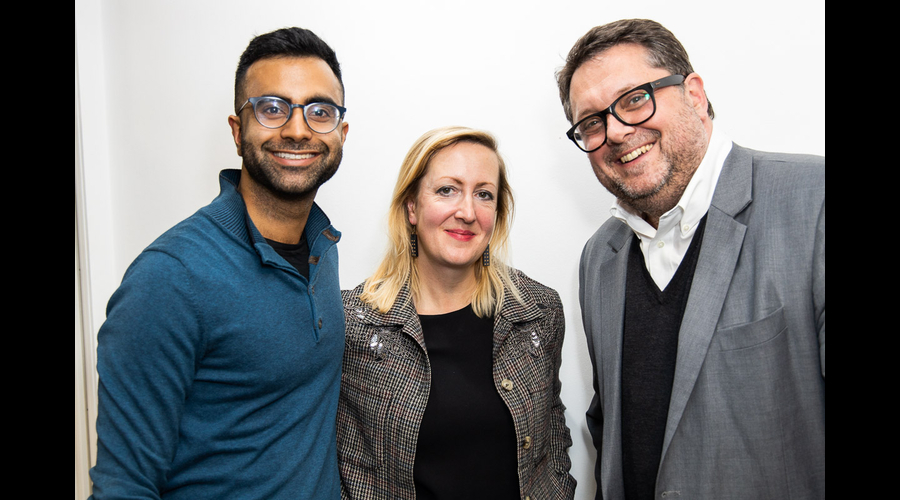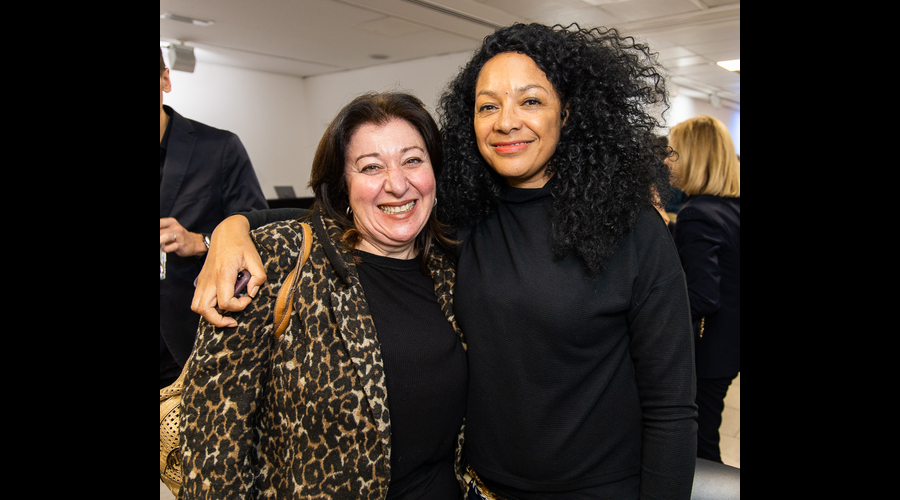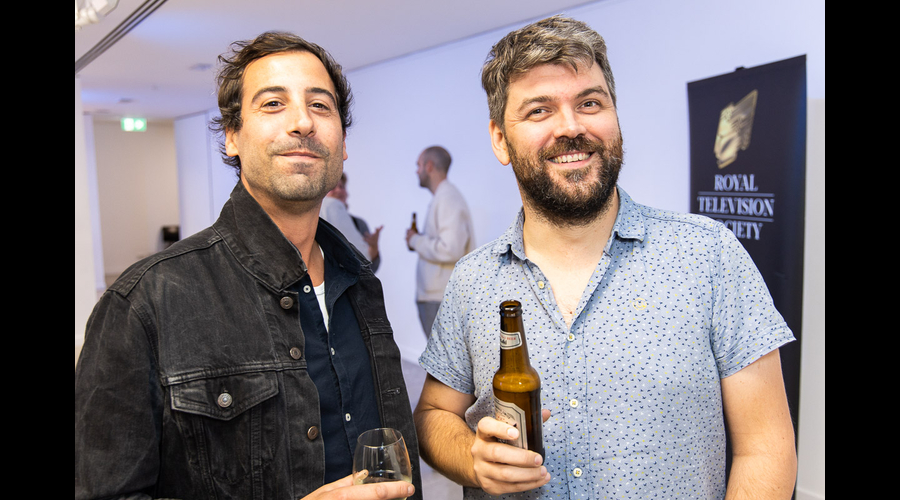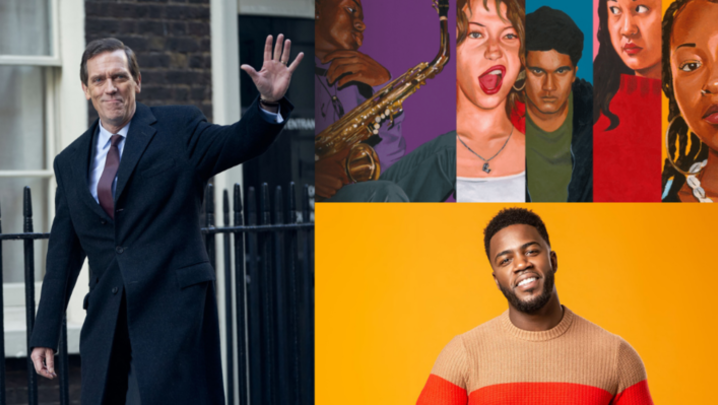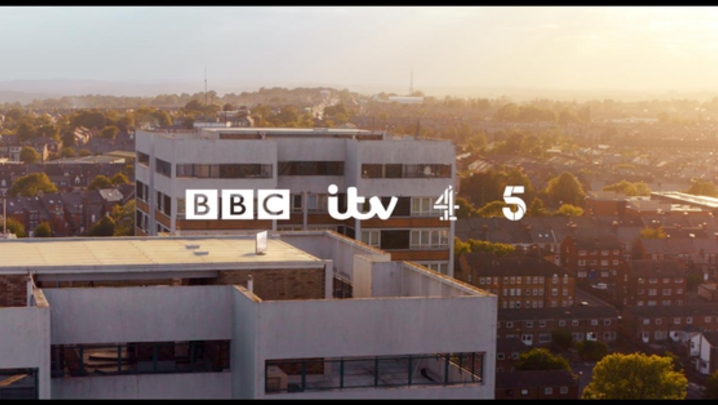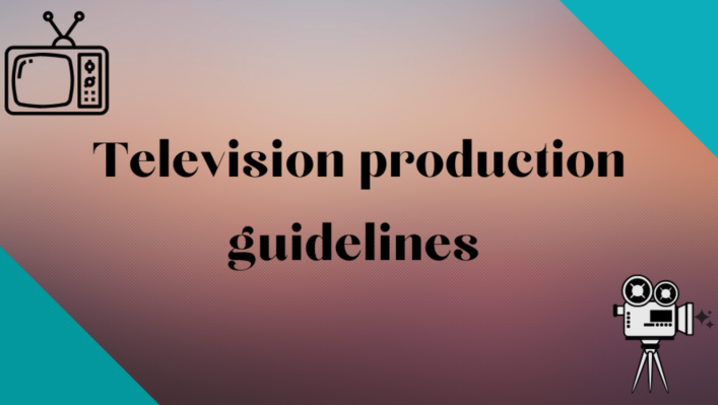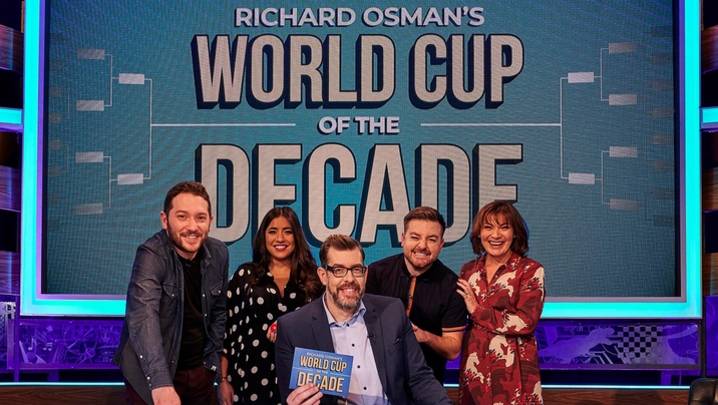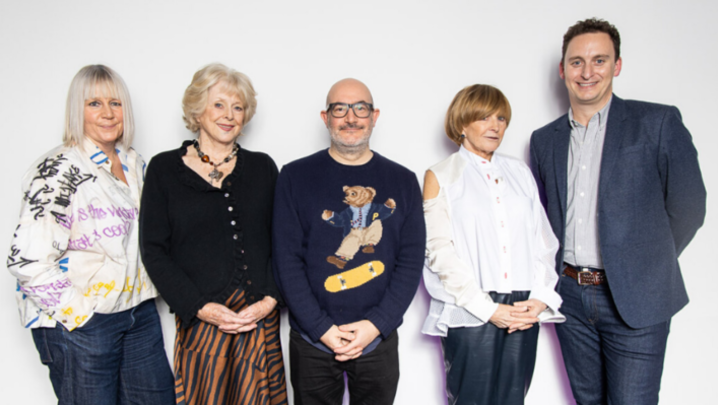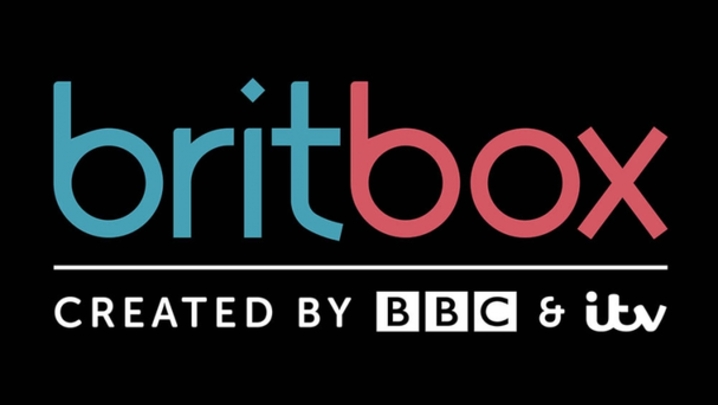With budgets under pressure, television is increasingly turning to advertisers and brands to bridge the gaps and fund its shows.
At a jam-packed RTS early evening event in late October, a panel of leading commissioners, producers and advertising experts explained how to make branded programming – and identified some of the pitfalls.
Greg Barnett, long-serving commissioning editor for factual entertainment at Channel 5, argued that the way programmes are being made is changing.
One such brand-funded programme on Barnett’s channel is Britain by Bike with Larry & George Lamb, which is supported by pain relief brand Voltarol. There is a synergy between programme and advertiser – the aches and pains caused by cycling – but the broadcaster is very much boss. “The idea started with the broadcaster, so we retain editorial control,” he explained.
But Barnett added that “co-funding is equally as important as brand funding… We make Neighbours with Channel 10 in Australia.”
Saj Nazir, head of integrated delivery at “next generation” media agency Wavemaker, stressed that, for a brand, funding a programme “isn’t about selling more products – it’s potentially a way for you to own a conversation around a topic, without having to outspend your competitors”.
Simon Wells, the controller of funded content and creative solutions at Channel 4, argued that audiences now “accept” branded content on television: “Every other platform is full of it.”
Channel 4, he explained, had “an ambition to make primetime entertainment with brands.
“The important thing to say is that we do the editorial but we are really happy for the brand to fill its boots with the assets around that show, with the extra content on social [media], advertising… If you make an entertainment show with us, you can then take those assets… and create advertising, work with the talent.”
For brands, the attraction of funding entertainment shows is that “it’s a great way to engage audiences emotionally”, added Wells.
“We want [programmes] to have a life beyond [UK] transmission,” explained Emily Hudd, Joint MD of entertainment and comedy indie Rumpus Media, whose shows include BBC Two’s The Misadventures of Romesh Ranganathan.
All photography by Paul Hampartsoumian
Discussing co-branded entertainment series All Star Driving School, which Rumpus makes for E4, Hudd said: “The brand [in this case, Suzuki] has an option to fund it in territories [abroad].”
Technological advances are giving impetus to brand-funded programming, argued Nazir, who identified “dual screening” – watching a programme on telly while interacting on their mobile – as a “great way for brands to create really good content that people can browse and share [on social media].
Turning to social media, he said: “Making engaging content is great but we need to engage our audiences via algorithms, so we make sure that any additional content that we make is topical and trending while that programme’s on, so the right people see the content at the right time.”
But there are limits – as set out by the regulator Ofcom in its code – that rein in advertiser-funded programming. These cover the undue prominence of products, editorial justification and promotion.
As a media agency, said Nazir, “one of the first things we do with brands… is sit them down and take them through the Ofcom code”.
“Don’t be frightened of them,” said Wells. “It’s really important [to push] these regulations because they are a bit out-dated, frankly. This is 2019.”
Barnett added: “We’re a lot more savvy now– across the board. We’ve probably all had our fingers burned, but it’s because of that, that we are where we are now. There’s greater understanding.”
“Branded content comes of age: How brands and broadcasters are rethinking advertising” was an early evening event held at the h Club in central London on 21 October. The event was chaired by the journalist and media commentator Kate Bulkley, and produced by Vicky Fairclough and David Amodio. A longer report will appear in the November issue of Television.

